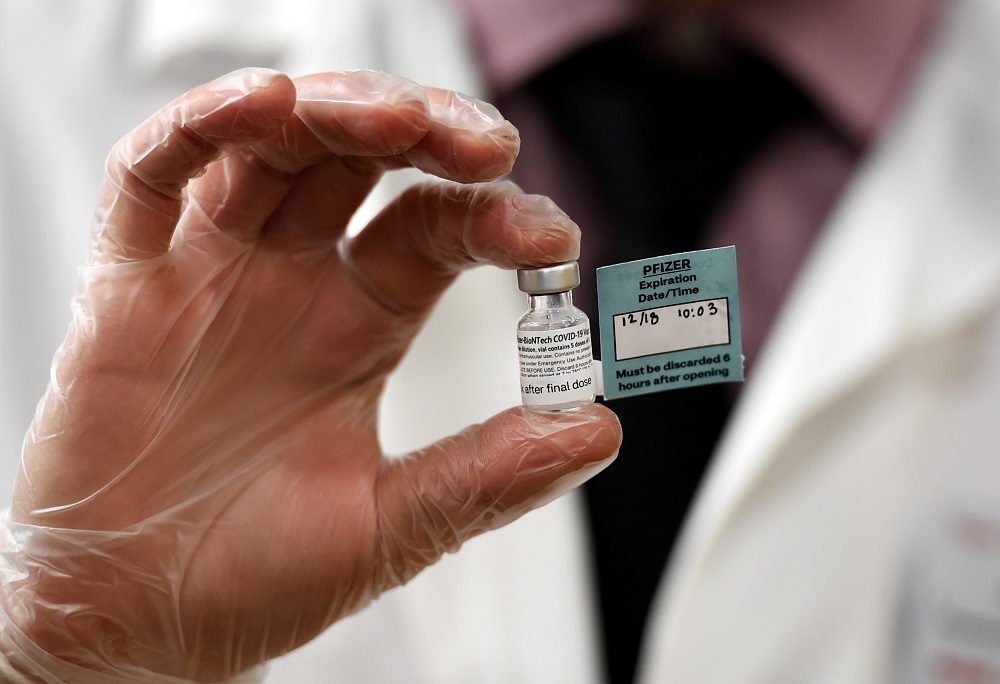
KUALA LUMPUR, Feb 4 — The National Covid-19 Immunisation Programme which is set to roll out at the end of this month is the biggest vaccination effort ever implemented in Malaysia, according to Prime Minister Tan Sri Muhyiddin Yassin.
He said 80 per cent of the country’s population, or approximately 26.5 people, are expected to receive the vaccine free of charge.
“The Covid-19 vaccine is the crucial silver lining for us to win the war against Covid-19. The government has managed to secure access to the vaccine and the first shipment of the supply is expected to arrive this month.
“The first shipment of the Covid-19 vaccine comprises those produced by Pfizer and BioNTech which has shown a very high efficacy rate of 95 per cent,” he said in a special message aired on national television channels and social media platforms today.
Muhyiddin said the immunisation programme will be carried out in three phases with the first involving some 500,000 medical and non-medical frontliners.
“This phase is very important to protect our frontliners in the fight against Covid-19. The first phase of this immunisation programme is scheduled to be completed in April,” he said.
The prime minister said the second phase from April to August will involve those at high risk of complications from Covid-19, namely the elderly and vulnerable people aged 60 and above, and those with morbidity problems such as heart disease, obesity, diabetes and high blood pressure including persons with disabilities who made up a total of 9.4 million people.
“For the third phase, it will involve adults aged 18 and above who will receive the vaccine between May this year and February next year. This phase is equally important to develop herd community and bring the pandemic under control,” he said.
In the meantime, he said the Cabinet had agreed to appoint Minister of Science, Technology and Innovation Khairy Jamaluddin as the coordinating minister of the vaccination programme who would lead a special task force in the implementation of specific programmes on logistics and coordination issues with states and government agencies.
“This is to enable the Ministry of Health to continue to focus on health services and tackle the spread of the Covid-19 which is still showing a worrying trend,” he said. — Bernama
MORE TO COME


